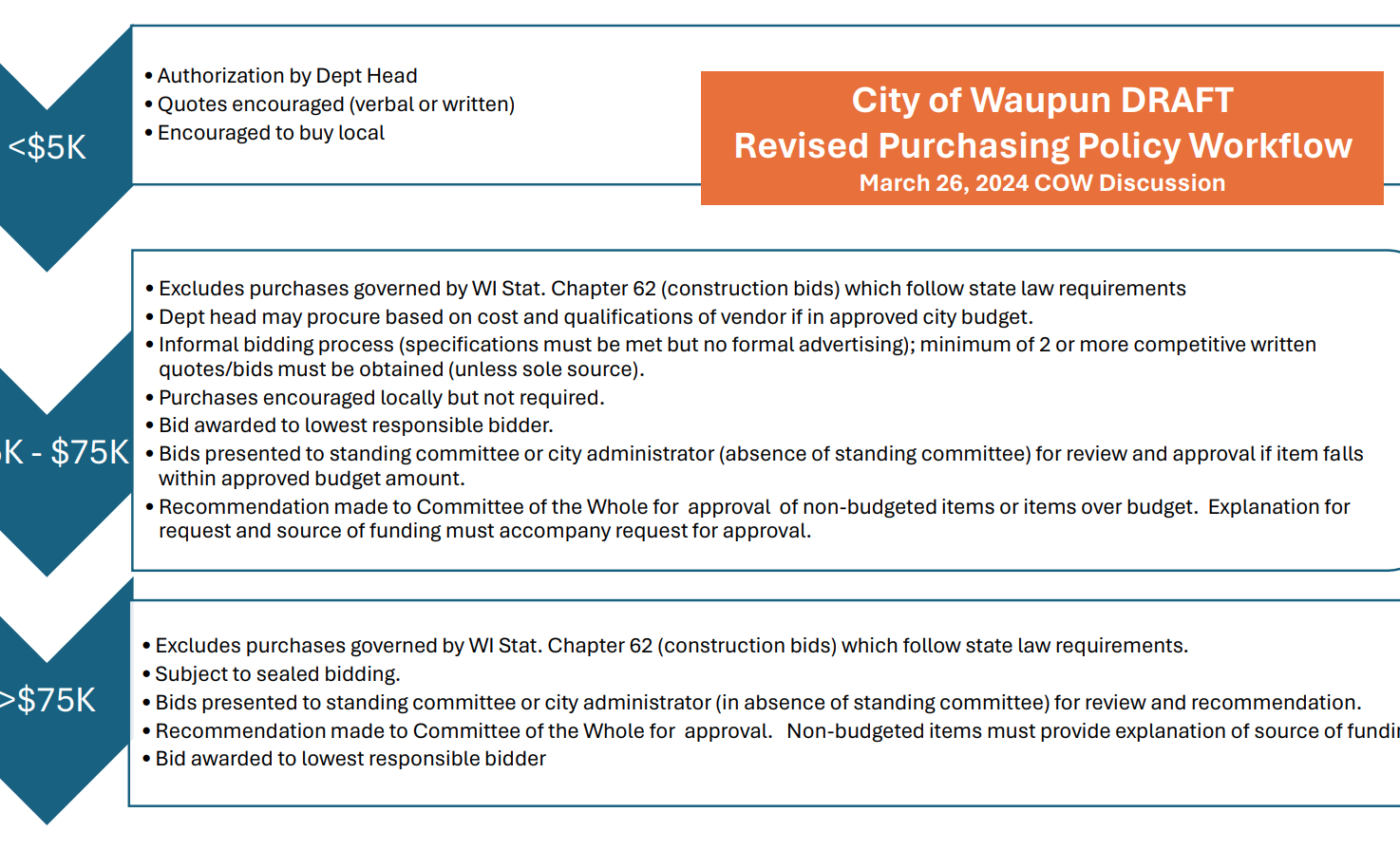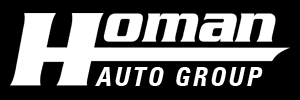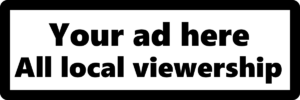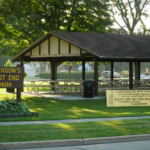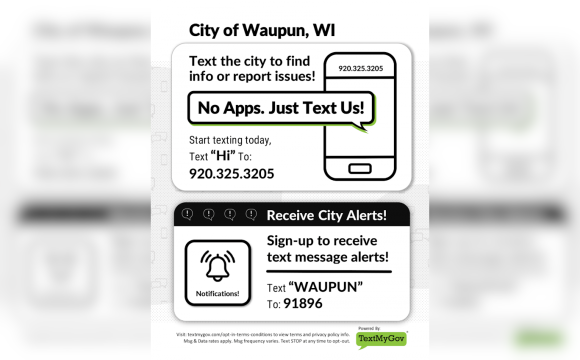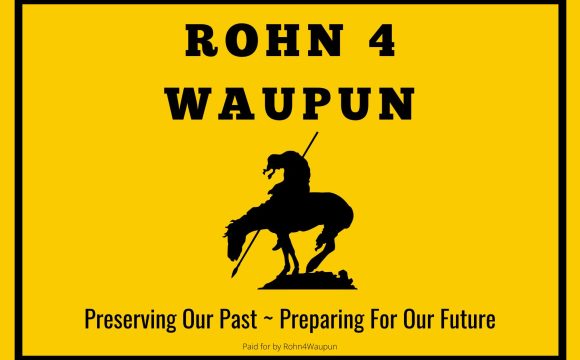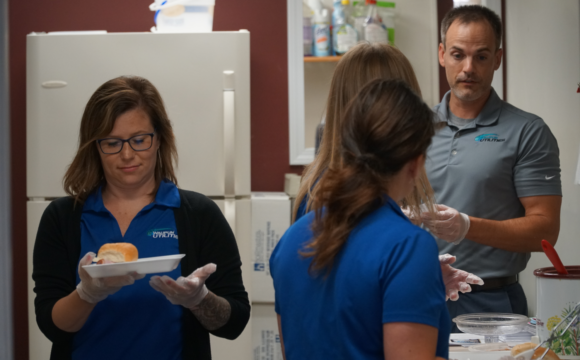WAUPUN — The Waupun Common Council reviewed a new “purchasing policy workflow” that was presented at last week’s City Council meeting.
This new workflow primarily discusses how to handle how to award bids, especially in relation to local businesses. With the constant debate over the purchasing policy, the City decided they needed a more consistent direction on how to make purchases so it didn’t always have to go to the Council for approval.
The debate most recently came up back in February when the Department of Public Works was purchasing a new work truck, receiving bids from Ewald, Holiday, and Homan Auto. While Ewald was the lowest bid by about $900, Mark Homan offered to reduce the Homans bid to within 1% of Ewald’s if the City would revisit the purchasing policy.
Following that meeting, the City consulted with the Department Heads and City Council members to come up with ideas on how to change the policy in a way that favors local businesses.
City Administrator Kathy Schlieve outlined the thought process that went into the policy, emphasizing how a solid framework can streamline decision-making among the municipal departments on purchases.
“The policy needs to be able to empower department heads to be able to make decisions and solicit bids or quotes in a way that is consistent with their desired outcomes,” Schlieve said. “The workflow recognizes the budget as the policy-setting document.”
In the meeting agenda packet they listed five policy priorities for how the process should work.
These include:
1. Encourages open and free competition.
2. Maximizes the value and benefits for each public dollar spent.
3. Ensures all purchase contracts are made in compliance with federal, state, and local laws.
4. Prevents potential waste, fraud, abuse, and conflicts of interest in the procurement process.
5. Assures proper approvals are secured prior to the purchase, award of contract and disbursement of public funds.
Like the current purchasing policy, the revised workflow is separated into three categories: purchases under $5k, purchases between $5k and $75k, and over $75k. Purchases under $5k have the least stipulations, and can be authorized by department heads.
In the case of the middle category, it specifies that purchases should be within budget, that bids from at least two suppliers are required (except in cases of sole provider), and that bids should be awarded to the “lowest responsible bidder.” It also says that purchases are “encouraged locally but not required.”
In both of the higher categories the purchases can be made with approval from the City Administrator as long as they’re within budget, but will require approval by Committee of the Whole for over-budget or non-budgeted items.
Alderman Dan Siebers was heavily involved in the process of drafting the workflow, stating that the goal of the workflow is to promote local purchases when it makes sense.
“We do a tremendous amount of local because it’s the best value and it’s the right thing to do,” Siebers said. “I think we all agree on that, and we have a culture of buy-local already in place. In the case of the workflow, the goal was to create a structure where we can choose the best value over low price.”
He went on to explain that there’s more to the value of a purchase than just the base cost. In the case of the work truck purchased in February, the City won’t have to spend the time picking up the vehicle and the warranty work can be completed in Waupun as compared to Oconomowoc.
He also pointed out that the previous purchasing policy—which allowed for a 1% difference from the lowest bid—only applied to Public Works purchases like trucks and equipment. This new workflow will be applied for all municipal departments.
One of the biggest weaknesses with the current policy that the Council discussed was its emphasis on the percentage. Since the Homan bids were always over 1% of the Ewald bid, the Council would always have to vote to choose Homans. If the City had only changed the policy to a higher percentage, the problem would still remain if a future local bid is just over the new percent, whether that be 3%, 5%, or even higher.
The new workflow would do away with the percentage rule, giving department heads more agency on purchases. This would also give local businesses more opportunity to match the value of outside suppliers.
“I talked to some of the local suppliers and what they want is the opportunity,” Siebers said. “They’ll work to earn the business, they just want a seat at the table. Is it always cheaper to buy local, price-wise? No, but is it less labor to supply from here than it is two cities away? Absolutely.”
Mayor Bishop thanked Siebers for working so hard on the new policy, then asked the department heads to give their opinions on the proposed workflow.
Director of Public Works Jeff Daane requested to add some exceptions to the $75k and up section for large equipment purchases. Police Chief Jeremy Rasch thought it could include a reference to if there are no available local quotes for purchases, and that it could mention services other than purchases. Library Director Bret Jaeger pointed out that $5,000 was worth a lot more before inflation over the last twenty or so years when the original policy was set.
Once all the department heads were given a chance to speak, Alderman Pete Kaczmarski brought up an potential issue he saw with the lack of a consistent percentage, and suggested a 2%-3% limit that local businesses are closer to match than just 1%.
Mayor Bishop then asked Kaczmarski why he’s “so stingy” over a few percent, especially in the case of Homan Auto who had sponsored the car show that Kaczmarski helped organize during Celebrate Waupun last year. This sparked a spirited discussion between the two.
Kaczmarski pointed out that the sponsorship money comes out of Homan Auto’s advertising budget, and that they have a “responsibility to the taxpayers of this City.” He also took issue with Mayor Bishop’s position, suggesting that Bishop had a conflict of interest as a former employee of Homan Auto and for currently renting a garage at the Homan Value Center.
Bishop said he was willing to own up to a conflict of interest, but stated that he genuinely believes in the things that Homan Auto does for the community in sponsoring many local organizations and events like the REACH program and Celebrate Waupun. Just last week Homan Auto had committed to sponsoring the Waupun Food Pantry as they move to their new facilities at the new Senior/Community Center later this year.
Bishop also pointed out that it’s only a difference of about one thousand dollars a year as has been the recent trend, which Kaczmarski pointed out could increase greatly if they need to replace multiple cars in a year.
There was some back and forth for a time until Siebers interjected, reiterating that the policy was intended to give the best value for the City and that there are more factors than just the quoted price.
Mayor Bishop then invited Mark Homan to speak, who spoke on Pete’s allegation of a conflict of interest stating that he had “full confidence” that the Mayor had the best interest of the City in mind.
“Whether the City buys the work truck from Homan Auto every year isn’t what makes or breaks it for us,” Homan said. “It isn’t going to make a difference of whether we sponsor Celebrate Waupun or anything like that, however I get a lot of people who say ‘if I were you I wouldn’t do it,’ but Waupun has been very good to us over the years and we are going to continue to be good for Waupun.”
Alderwoman Kambria Ledesma agreed with Siebers’ assessment on the policy and getting rid of the percentage point, and added that businesses will understand when the City has to go with the lowest price.
As the agenda item was just a discussion, the purchasing policy will be discussed again and voted on at a future meeting.


